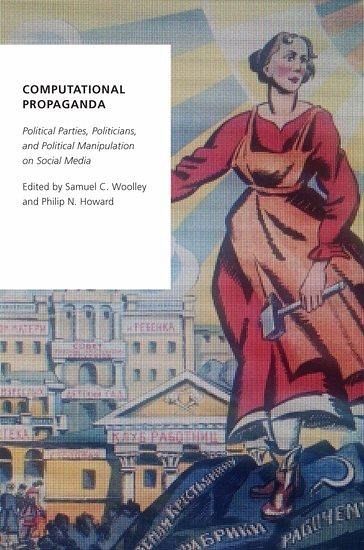
Computational Propaganda
Political Parties, Politicians, and Political Manipulation on Social Media
Herausgeber: Woolley, Samuel C.
Versandkostenfrei!
Versandfertig in 1-2 Wochen
40,99 €
inkl. MwSt.

PAYBACK Punkte
20 °P sammeln!
Social media platforms do not just circulate political ideas, but support computational propaganda and manipulative disinformation campaigns. Although some of these disinformation campaigns are carried out directly by individuals, most are waged by software, commonly known as bots, programmed to perform simple, repetitive, robotic tasks. Including case studies from nine countries and covering propaganda efforts over a wide array of social media platforms, this book argues that bots, fake accounts, and social media algorithms amount to a new political communications mechanism that it terms "com...
Social media platforms do not just circulate political ideas, but support computational propaganda and manipulative disinformation campaigns. Although some of these disinformation campaigns are carried out directly by individuals, most are waged by software, commonly known as bots, programmed to perform simple, repetitive, robotic tasks. Including case studies from nine countries and covering propaganda efforts over a wide array of social media platforms, this book argues that bots, fake accounts, and social media algorithms amount to a new political communications mechanism that it terms "computational propaganda."














